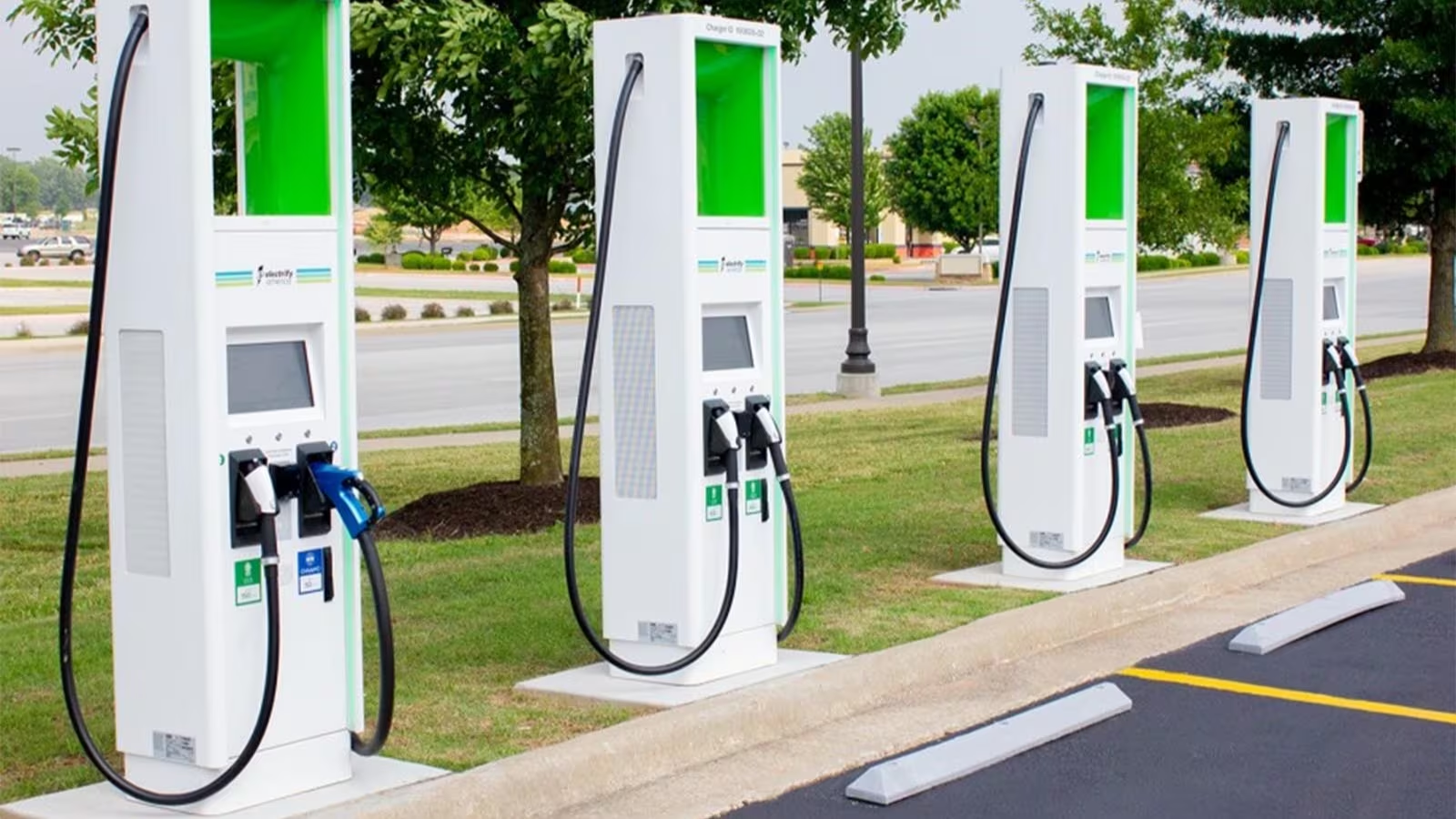Safety Rent A Car
The transportation industry is undergoing a significant transformation as electric vehicles (EVs) are becoming increasingly popular. With advancements in technology, growing environmental concerns, and supportive government policies, EVs are poised to reshape the future of mobility. In this blog, we'll explore how electric vehicles will shape the future and their potential impact on various aspects of our lives.
-
Reduced Greenhouse Gas Emissions: One of the primary benefits of electric vehicles is their potential to significantly reduce greenhouse gas emissions. Since EVs produce zero tailpipe emissions, a widespread adoption of electric vehicles will contribute to cleaner air and help combat climate change.
-
Improved Air Quality and Health Benefits: Air pollution from vehicle emissions is a major contributor to various health issues, including respiratory and cardiovascular diseases. The widespread adoption of electric vehicles will help improve air quality, leading to better public health outcomes.
-
Enhanced Energy Security: Electric vehicles can help reduce dependence on oil, as they primarily rely on electricity generated from various sources, including renewable energy. This can contribute to greater energy security and a more diversified energy mix, reducing the risks associated with fluctuations in oil prices and geopolitical tensions.
-
Lower Operating and Maintenance Costs: Electric vehicles generally have lower operating costs due to their higher energy efficiency and fewer moving parts. This translates to reduced fuel costs and lower maintenance expenses, making EV ownership more affordable in the long run.
-
Accelerated Renewable Energy Integration: The growing demand for electric vehicles will drive the need for more renewable energy sources, such as solar and wind, to meet the increased electricity requirements. This will further accelerate the shift towards cleaner and more sustainable energy production.
-
Smart Grids and Vehicle-to-Grid (V2G) Technology: Electric vehicles can play a significant role in the development of smart grids, as they can potentially store and supply energy back to the grid during peak demand periods. This vehicle-to-grid (V2G) technology can help stabilize the grid, reduce electricity costs, and optimize renewable energy usage.
-
Autonomous Vehicles and Shared Mobility: The transition to electric vehicles is closely linked to advancements in autonomous driving technology and the growth of shared mobility services. As EVs become more common, we can expect to see more self-driving cars and shared mobility solutions, leading to more efficient and convenient transportation options.
-
Urban Planning and Infrastructure Development: The rise of electric vehicles will influence urban planning and infrastructure development, as cities will need to adapt to accommodate EV charging infrastructure, dedicated parking spaces, and new zoning regulations. This will encourage the development of more sustainable and livable urban environments.
-
Job Creation and Economic Opportunities: The electric vehicle revolution will create new job opportunities in various sectors, such as manufacturing, infrastructure development, and renewable energy. This will contribute to economic growth and provide new avenues for innovation and entrepreneurship.
-
Enhanced Battery Technology and Energy Storage: As the demand for electric vehicles grows, significant investments will be made in battery technology research and development. This will lead to more efficient, lightweight, and cost-effective batteries, further improving the performance and affordability of electric vehicles. Additionally, advancements in energy storage technology will benefit renewable energy integration and grid stability.
-
Recycling and Circular Economy: The increasing number of electric vehicles will generate a considerable amount of used batteries, leading to new opportunities for recycling and creating a circular economy. By developing efficient recycling processes and repurposing used batteries for energy storage, we can reduce waste and minimize the environmental impact of battery production.
-
In summary, the electric vehicle revolution will have far-reaching implications for various aspects of our lives, from the environment and public health to the economy and urban planning. By embracing and supporting the shift towards electric vehicles, we can create a cleaner, more sustainable, and efficient transportation future.
-
Public Transportation Electrification: The benefits of electric vehicles are not limited to personal transportation. The electrification of public transportation, including buses, trams, and trains, can significantly reduce emissions, improve air quality, and lower operating costs. Cities around the world are already investing in electric public transportation, and this trend is expected to continue in the coming years.
-
Impact on Traditional Automotive Industry: The rise of electric vehicles will inevitably disrupt the traditional automotive industry, forcing manufacturers to adapt and innovate. Companies that embrace this shift and invest in electric vehicle technology will likely thrive, while those that resist change may struggle to compete. The automotive industry will undergo a significant transformation, creating opportunities for new market entrants and innovative business models.
-
International Cooperation and Policy Support: The widespread adoption of electric vehicles will require international cooperation and supportive government policies. This includes the development of global standards for charging infrastructure, incentives for EV adoption, and investments in research and development. By working together, countries can accelerate the transition to electric vehicles and create a more sustainable future.
Consumer Perception and Lifestyle Changes: As electric vehicles become more prevalent, consumer perceptions and attitudes towards transportation will evolve. The benefits of EV ownership, such as lower operating costs and environmental impact, will likely lead to an increased interest in sustainable living and eco-friendly lifestyle choices.

